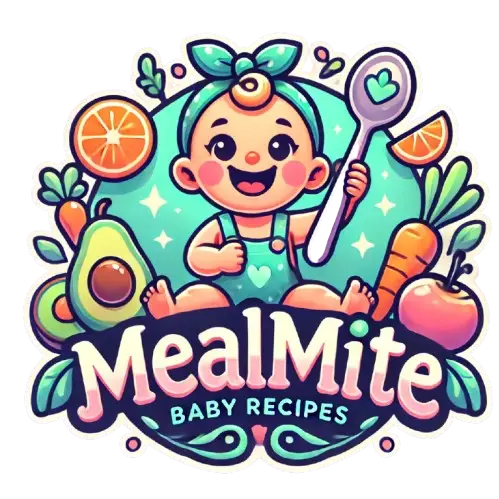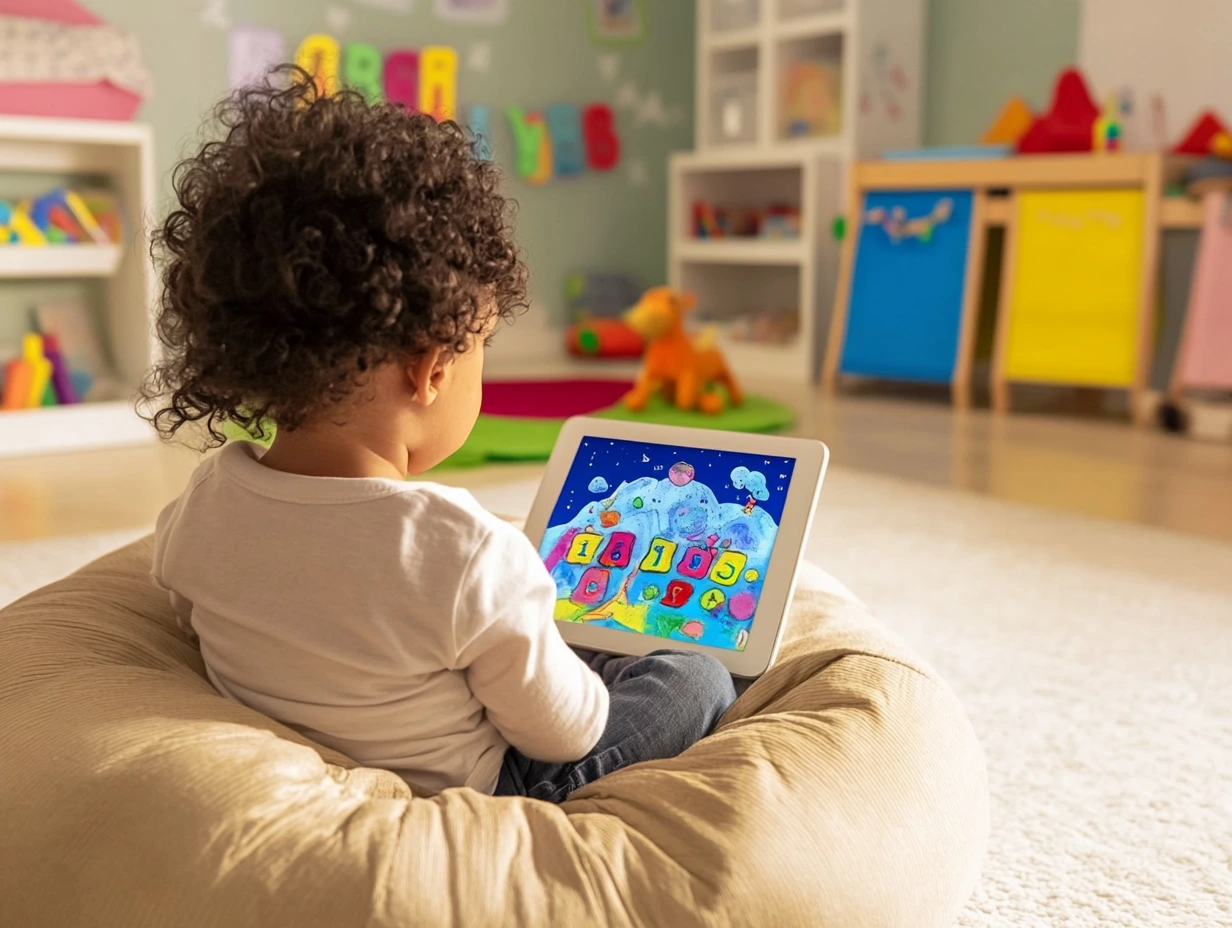As a parent, you’re probably eager to see your child grow and meet their 16 month milestones. The CDC says it’s key to track these milestones to spot any delays early. At 16 months, kids start to show off their skills like walking on their own and saying a few words.
Table of Contents

Knowing about 16 month milestones helps you support your child’s growth. You can use the CDC’s Milestone Tracker App to keep an eye on your child’s progress. This app helps spot delays and offers tips to help your child grow. By watching your child’s milestones in physical, cognitive, language, and social areas, you can make sure they’re doing well and talk to your pediatrician if needed.
Key Takeaways
- Track your child’s 16 month old milestones to identify any delays and support their growth.
- Use tools like the CDC’s Milestone Tracker App to monitor your child’s progress and address any concerns with your pediatrician.
- 16 month old milestones include physical development, such as walking independently, and language development, such as saying a few words.
- Toddler developmental milestones are key for spotting delays and getting help on time.
- Monitoring your child’s 16 month old milestones helps ensure they’re on track and allows you to address any concerns with your pediatrician.
- Support your child’s growth and development by providing a nurturing environment and engaging in activities that promote learning and exploration.
Understanding Your 16 Month Old’s Development Journey
Every child grows at their speed. The CDC says some might need more time to hit certain cognitive milestones for 16 month old like solving problems and remembering things. At 16 months, kids are figuring out their world. Their physical milestones for 16 month old, like walking and balancing, get better fast.
It’s normal for kids to develop differently. Some might walk on their own for 12-14 months, while others take longer. What matters most is that they’re getting better and curious about what’s around them.

For cognitive milestones for 16 month old, understanding words is key. At this age, kids know more than they can say. It’s important to talk slowly and clearly to help them learn and communicate. Playing games like naming sounds and objects can boost their vocabulary and senses.
Why Milestones Matter
Milestones are important for tracking a child’s growth. They help parents and caregivers see where a child might need extra help. By knowing physical milestones for 16 month old and cognitive milestones for 16 month old, parents can plan activities to support healthy growth.
Development Variation Is Normal
Every child grows at their own pace, and it’s normal for them to develop differently. Some might hit milestones sooner, but it’s important to focus on their progress. Don’t compare them to others.
When to Consult Your Pediatrician
If you’re worried about your child’s development, talk to your pediatrician. They can offer personalized advice and support to help your child reach their best.
Physical Development at 16 Months
At 16 months, your child is getting better at walking, running, and climbing. They’re also improving their fine motor skills, like using utensils and drinking from a cup. These 16 month old motor skills milestones are key for their growth and independence.
Some important physical milestones for 16 month old kids include following simple directions and climbing on furniture without help. They might also start scribbling as a way to develop their motor skills. Around this age, they may show some fear of strangers but will show love to people they know.
To help your child reach their 16 month old motor skills milestones, make sure they have a safe and fun place to play. A playroom with soft floors and toys that are right for their age is great. You can also do activities that help them grow physically, such as:
- Stacking blocks or cups to improve fine motor skills
- Playing with playdough to enhance hand movements
- Reading books with simple instructions to promote following directions

Keep in mind, every child grows at their own speed. Some might need more time to get certain physical milestones for 16 month old skills. If you’re worried about your child’s development, talk to your pediatrician. They can offer advice and support tailored to your child.
Cognitive Growth and Learning Patterns
At 16 months, your child is growing fast in their thinking skills. They are learning to solve problems, remember things, and stay focused. Playing with puzzles or shape sorters can help them grow. This makes them smarter and reach important milestones.
As they get better at thinking, they’ll start to understand things better. They might see how actions cause results and stay on task longer. Playing with their senses is key. It helps them understand the world and grow in all areas, like feelings and physical health.
Problem-Solving Skills
Being able to solve problems is very important. You can help your child by giving them toys that make them think, like stacking cups or blocks. Reading nursery rhymes over and over helps them learn sounds and letters. This is the start of reading skills.
Memory Development
Memory is a big part of growing smarter. Reading simple books and making them imitate actions helps their memory. This also helps with their language skills at 16 months.

Attention Span Progress
Being able to focus is also key. Activities that need focus, like puzzles or playdough, help them. This improves their attention span and helps them grow in thinking skills.
| Cognitive Skill | Description |
|---|---|
| Problem-Solving | Ability to solve problems and challenges |
| Memory Development | Ability to remember and recall information |
| Attention Span | Ability to focus and maintain attention |
Key 16 Month Old Milestones You Should Track
At 16 months, kids are growing fast. It’s key to watch their 16 month old milestones. The CDC says to check on their motor skills, language, and social milestones for 16 month old. This helps you see how they’re doing and support them.
Some important milestones to keep an eye on include:
- Motor skills like walking on their own and using hands to talk
- Language skills, like saying a few words and following simple commands
- Social skills, such as waving, pointing, and showing love
Studies show that early gestures are linked to better language skills. By reacting to your child’s gestures and using simple words, you help them grow. This supports their journey to reach 16 month old milestones.
Every child grows at their speed. Some might need extra help. If you’re worried about your child’s growth, talk to your pediatrician. By watching and helping with their social milestones for 16 month old, you set them up for success. This lays a strong base for their future growth.
Speech and Communication Progress
At 16 months, your child starts to develop their speech and communication skills. They begin to babble, gesture, and use simple words. Language development is key to their growth. It’s important to support and encourage this progress.
You can do this by talking to your child, reading books with simple pictures, and using everyday moments to chat. Research shows that children at this age can understand about five times more words than they can say. They might know around three clear words, like ‘mama’, ‘dada’, and a name for something familiar. By two years old, they will likely know about 100 to 200 words and can say two words together.
Some important milestones to watch for in your child’s 16 month old speech development include:
- Following instructions with two keywords, like ‘give me the spoon and the key’
- Using about 10 to 20 words, including names of people
- Understanding single words and simple questions, like ‘Where is daddy?’
- Pointing to body parts and recognizing common objects and pictures when named
Playing with nursery rhymes and action rhymes can help with learning new words. These songs have repetitive and rhythmic patterns. By supporting your child’s language development, you help them build a strong base for future communication skills.
Social and Emotional Development Markers
At 16 months, kids start to show their social and emotional sides. They learn to express feelings, build relationships, and become more independent. It’s important to watch for social milestones for 16 month old and emotional milestones for 16 month old. This helps spot any delays and supports their growth.
Some important social and emotional skills at this age include:
- Showing love for people and toys they know
- Understanding and responding to others’ feelings, like comforting a sad friend
- Wanting to do things on their own, like dressing up
Parents play a big role in helping their children grow socially and emotionally. They can do this by listening to their child’s feelings, creating a caring space, and encouraging them to be independent. By keeping an eye on social milestones for 16 month old and emotional milestones for 16 month old, parents help their child develop important skills.
| Age | Social and Emotional Milestones |
|---|---|
| 16 months | Shows affection for familiar people and toys, begins to assert independence |
| 18 months | Plays alongside other children, demonstrates emotional attachment and separation anxiety |
Supporting Your Toddler’s Growth
As a parent, you are key in helping your child grow. At 16 months, kids need a place to explore and learn. It’s important to watch toddler developmental milestones to see if your child is doing well. For a 16 month old, milestones like walking, running, and following simple commands are big steps.
To help your toddler grow, try these activities:
- Play with sensory toys like playdough or sand to improve hand-eye coordination
- Read books together to help your child love reading and learn new words
- Set up playdates to help your child make friends and learn social skills
Creating Learning Opportunities
It’s important to make a safe and fun place for your child to learn. Make sure your home is safe for toddlers. Offer many toys and activities that help them learn.
For example, you can make a sensory bin with rice, beans, or sand. Then, hide small toys or objects for your child to find and explore.
Safety Considerations
As your child gets more mobile, safety is key to avoid accidents. Always watch your child, and never leave them near water or hot surfaces. Also, make sure they are always in a rear-facing car seat.
Keep the hot tap water below 120°F to prevent burns.
| Age | Milestones | Safety Precautions |
|---|---|---|
| 16 months | Walking, running, following simple commands | Rear-facing car seat, toddler-proofing the home |
| 2 years | Speaking in simple sentences, following two-step instructions | Supervising near water, preventing hot surface burns |
Common Concerns at 16 Months
As a parent, you might worry about your child’s development. This could include delayed speech or motor skills. It’s key to talk to a pediatrician about these worries. They can help you support your child’s growth.
At 16 months, kids usually hit big milestones. These include walking, climbing, and starting to speak.
Some common worries at this age are:
- Delayed speech or language development
- Slow motor skills development, such as walking or climbing
- Difficulty with social interactions or emotional regulation
Remember, every child grows at their own pace. Some might need more time to reach certain milestones. If you’re worried, always talk to a pediatrician. They can check your child’s progress and offer advice on supporting their growth.
By working with your pediatrician and tracking your child’s progress, you can help them reach their full ability. This way, you can also address any concerns about their development.
| Age | Milestone |
|---|---|
| 16 months | Walking independently |
| 16-18 months | Saying three or more words |
| 19-21 months | Using 25-50 words and combining two words |
Conclusion: Embracing Your Child’s Unique Development Path
As you watch your 16-month-old grow, remember that every child is different. The 16 month old milestones are just a guide. Your child’s toddler developmental milestones might be unique. Celebrate their special path and know that progress looks different for everyone.
If you’re worried about your child’s growth, talk to your pediatrician. They can help your child reach their full development. Remember, it’s not about how fast they grow. It’s about enjoying the journey and seeing your child grow.
FAQ
What are the typical physical milestones for a 16-month-old child?
At 16 months, your child should be able to walk, run, and climb. A safe playroom with soft floors and toys is great for their growth.
How can I support my 16-month-old’s cognitive development?
Play activities like puzzles and shape sorters can boost their problem-solving skills. Reading books with simple pictures also helps their language and understanding.
What are the typical language milestones for a 16-month-old?
By 16 months, your child should babble, gesture, and say simple words. Responding to their gestures and using simple language helps them grow.
How can I support my 16-month-old’s social and emotional development?
At this age, your child may show love for people and toys and want to be independent. A caring environment that meets their emotional needs helps their growth.
When should I consult a pediatrician about my 16-month-old’s development?
If you’re worried about your child’s speech or motor skills, see a pediatrician. They can spot issues and help your child grow.

